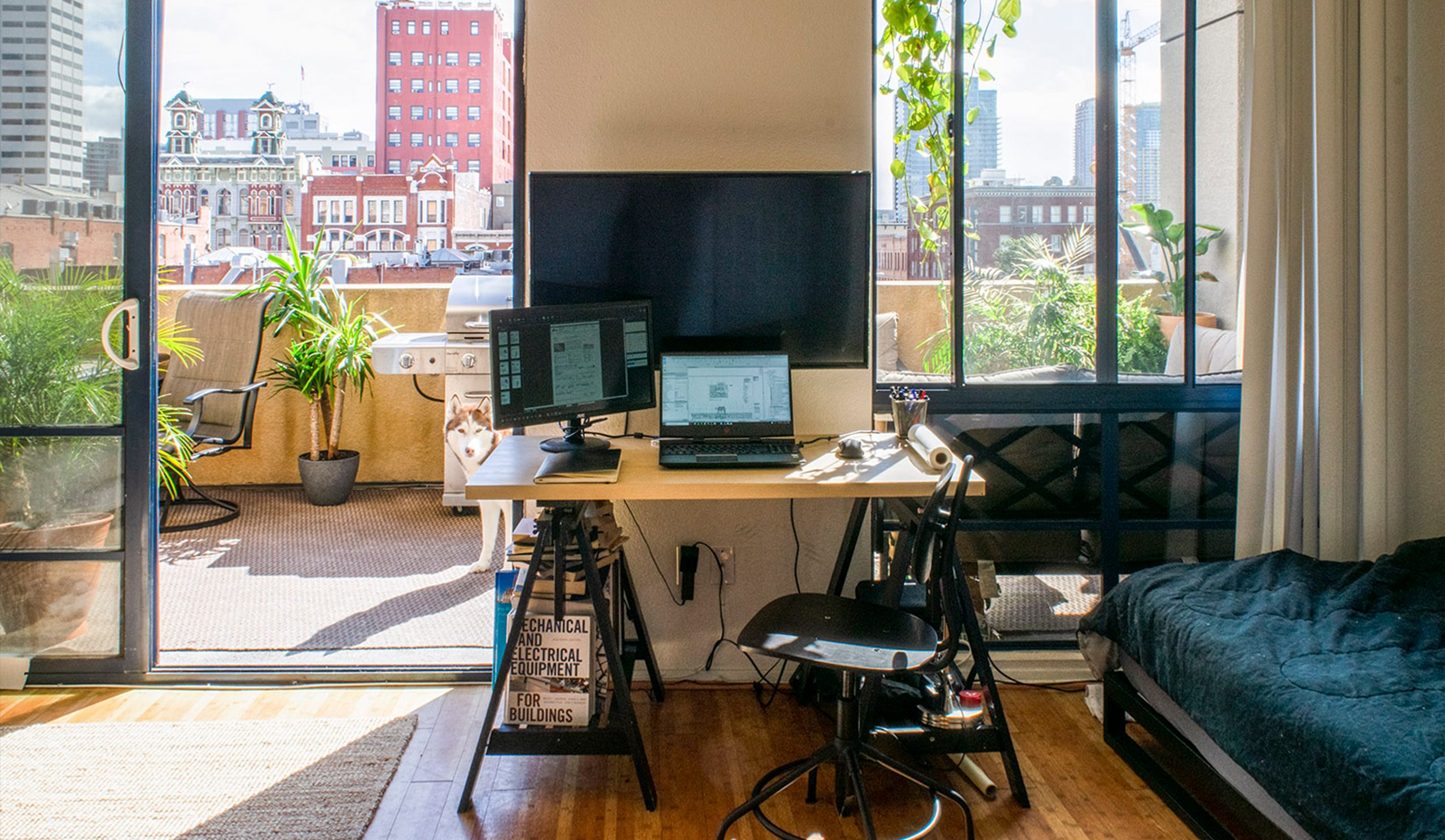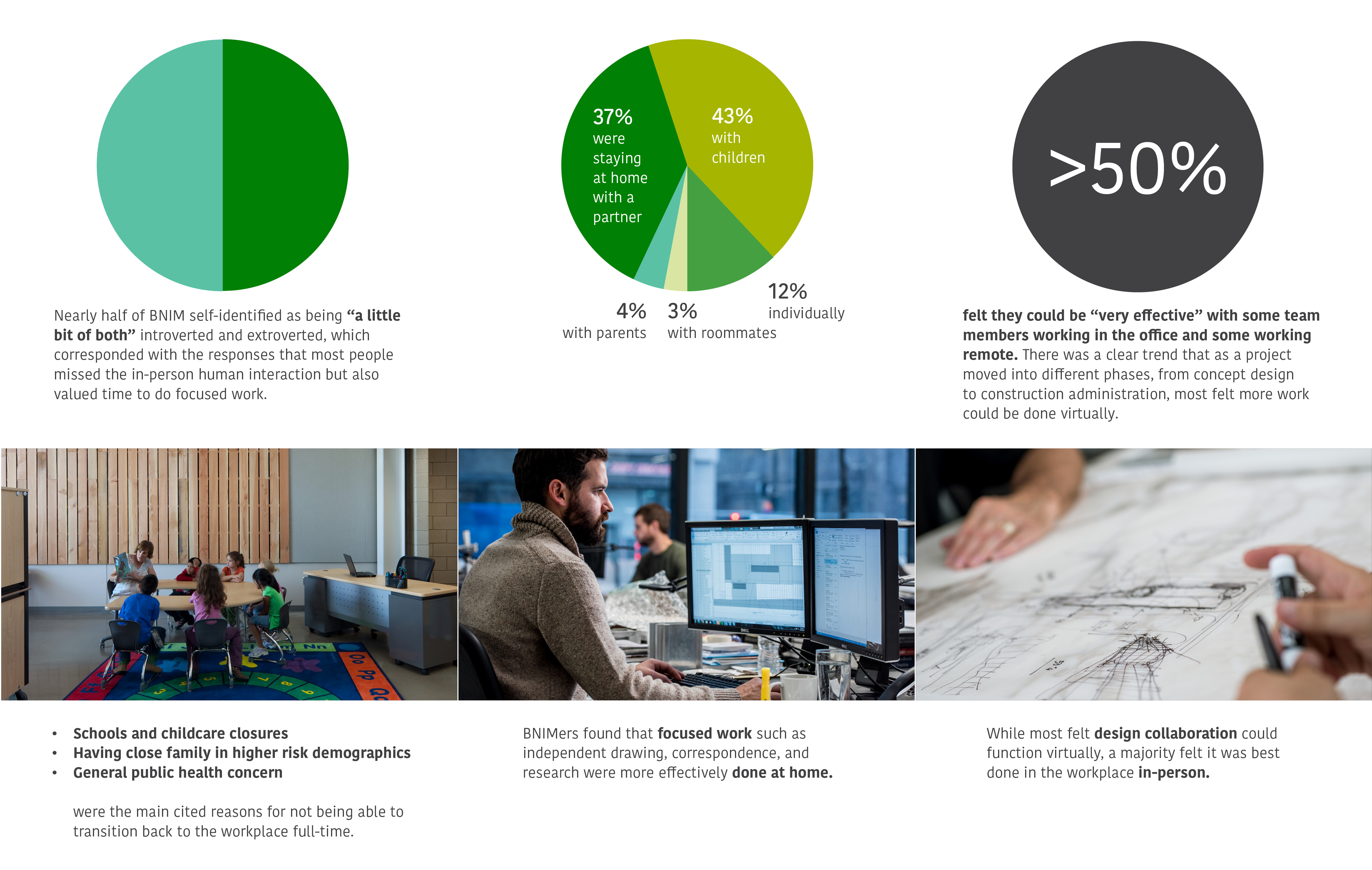
Return to Work(place) Survey
I could hear the cries from downstairs as I tried to continue my video conference call. My partner was attending to our 16-month old who had several teeth coming in, which made for a temperamental toddler. Throughout the week, we trade spots so my partner can video conference with her fifth-grade students. And then we switch again. We try to keep things afloat and to make the most of our time with her and our family.
The coronavirus pandemic initiated a great work-from-home experiment for those who were able to make this transition to remote work, yet it has posed tremendous public health and economic challenges to those who cannot do so. All of this is layered with school and daycare closures and immense uncertainty and stress, especially for those at higher risk and vulnerable populations.
To say working from home has been overwhelmingly positive for all would be dishonest given the current situation’s need for extreme nuance.
Despite the unusual circumstances, the overall, anecdotal sense was that things were going well within BNIM’s teams, but it is important to understand how this situation has created challenges, unique to each individual or family. With all of BNIM’s employees working from home in some capacity, we wanted to survey their experiences to understand needs and concerns of everyone during this time and to see how, based on this understanding, we might phase our transition back to a new resilient normal for our workplace.
The results of this survey were extremely informative and provided a baseline to not only ensure our colleagues feel safe when we are back in the workplace but how we can learn from this experience and improve our service to our clients and community.

When asked what we have learned from the experience, themes that bubbled to the top included:
- We were more efficient than we had anticipated.
- The traditional office set-up can waste time with set-up, commutes, etc.
- This has forced us to be more intentional and inclusive in our conversations and collaboration.
- Work/life balance can be helped by working from home.
- Daycare providers and caregivers are underappreciated.
In response to the question, “In what ways has this experience hindered our work?” people felt that:
- Informal, impromptu dialogue is more difficult when separate.
- Mentoring and teaching is less effective.
- Outside criticism has to be more intentional and is less natural.
How has this elevated our work?
- We became better digital presenters.
- We are more sensitive to everyone’s unique situation.
- This experience challenged us to adopt new technologies faster.
- We are more connected to our other offices and collaborating across time zones.

